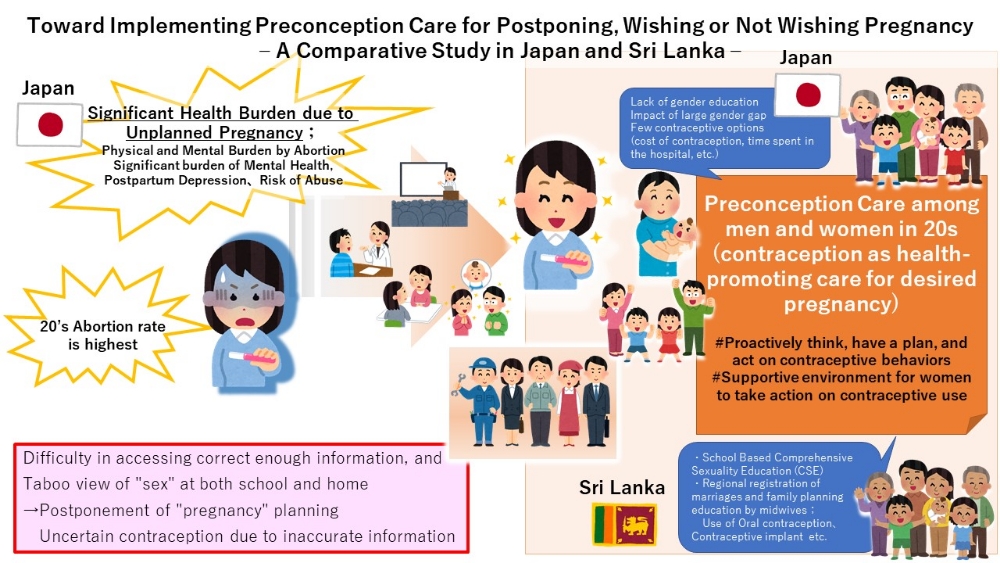- Research Top
- SMEs Knowledge Network
- Mongolian Archaeology
- Research of Archiving Anime
- Securing Stable Food Supply in Northeast Asia
- Descriptive and typological study of Siberian minority languages
- A Culture that Supports Old Age: A Regional Comparison and International Comparison
- International Joint Research Project for Building a Transborder Public Participation Framework in Matters Concerning Nuclear Power
- Mountain Research Project on Asian High Mountains
- Comparative Studies on Establishing a Legal Framework to Address Urbanization in East Asia
- Building a Platform for Stemming the Declining Birthrate in Cooperation with Local Governments Enabling Universities to Help Local Efforts to Fight the Birth Dearth
- Asian Mountain Environmental Research Project: Aiming to Establish a Base for Mountain Research Aiming to Serve as a Base for Mountain Research on Environmental Changes and Natural Disasters in Asian Mountainous Regions
- Toward Implementing Preconception Care for Postponing, Wishing or Not Wishing Pregnancy: A Comparative Study in Japan and Sri Lanka Supporting Preconception Care for Men and Women in Their 20s Preparing for Wanted Pregnancy
- Community Building and Empowerment through Mutual Learning between Japan and Indonesia: The Coming (Chewing) Project
Toward Implementing Preconception Care for Postponing, Wishing or Not Wishing Pregnancy: A Comparative Study in Japan and Sri Lanka Supporting Preconception Care for Men and Women in Their 20s Preparing for Wanted Pregnancy

Project Title
Toward Implementing Preconception Care for Postponing, Wishing or Not Wishing Pregnancy: A Comparative Study in Japan and Sri Lanka
Supporting Preconception Care for Men and Women in Their 20s Preparing for Wanted Pregnancy
Full-time researcher
SEKIJIMA Kayoko
Associate Professor, Academic Assembly Institute of Medicine and Dentistry
Associate Professor, School of Health Sciences, Faculty of Medicine
Overview
People in their 20s, who may be in college or in their early years of employment, are characterized by active sexual behavior—the management of which is a developmental task for them. Their abortion rate is the highest among all age brackets, according to the Ministry of Health, Labour and Welfare. Unplanned pregnancy can be a serious loss to society. If a woman finds out that she has an unplanned pregnancy, she may opt for an abortion or, if she decides to give birth, she may run the risk of suffering postpartum depression or abusing the child. She may be forced to change her original career/life plans.
We have given a course on “Useful Parenting Tips for Students.” This experience has taught us two major issues with college students (or more precisely, those who have taken this course) who live in Japan today, where the birthrate has long been declining, sexuality is viewed as a taboo, and the gender gap is the highest among the developed countries and entrenched in society. One such issue is that they do not envision pregnancy, childbirth, or childcare as part of their life events although they may have clear career plans. The other is that they lack accurate understanding of reliable methods of contraception.
The situation in Sri Lanka is different. The Southern Asian country adopts comprehensive sexuality education (CSE). This project, which views men and women in their 20s as being all in a preconception phase (excluding pregnant women), aims to help allow such women to have a wanted pregnancy and avoid having an unwanted pregnancy among the goals of proactive preconception care as advocated by the WHO.
To make an international comparison and identify potential issues, the project has selected Sri Lanka as a control. Its interdisciplinary members work together to explore and propose an organic system that involves universities and businesses that support the behavior of avoiding preventable abortion—a system that is appropriate and equally respects the sexuality of individuals as partners or otherwise.
Project Members
|
Name |
Institution |
Area of Specialization |
Notes |
|---|---|---|---|
| SEKIJIMA Kayoko | Associate Professor, Graduate School of Health Sciences (nursing science) | Women’s health, health science | |
| Hansani Madushika Abeywickrama | Assistant Professor, Graduate School of Health Sciences (nursing science) | Basic health science | |
| NAKASHIMA Nobuko | Professor, Professional School of Teacher Education (humanities and social sciences) | Child psychology | |
| SHINBO Kanako | Assistant, Niigata University of Health and Welfare | Maternal and child health, health science | |
| MOROHASHI Maki | Assistant professor, Niigata University of Pharmacy and Medical and Life Sciences | Maternal and child health, midwifery (practicing midwife) | |
| Malshani Lakshika Pathirathna | Head/ Senior Lecturer, Faculty of Allied Health Sciences, University of Peradeniya | Health science, epidemiological statistics | |
| SADAKATA Mieko | Professor, Niigata University of Pharmacy and Medical and Life Sciences | Maternal and child health science | |
| OSHIMA Katsuko | Director, Bonyu Ikuji Sodanshitsu Kirakira | Midwifery (practicing midwife) | |
| H.M.R.K.G.Nandasena | Senior Lecturer, Department of Nursing, Faculty of Allied Health Sciences, University of Peradeniya | Community Health Nursing, Women Health & Child Health | |
| Graduate student | Master’ Program in Health Sciences (nursing science) Graduate School of Health Sciences | Health science |
News
Not Posted Yet
